What is Household Hazardous Waste?
Household products that are no longer useful or expired that should not be put in household garbage or down the drain, is considered household hazardous waste (HHW). Most of these items are labeled caution, poisonous, toxic, corrosive, or flammable.
HHW threatens and pollutes our environment, make our waterways unsafe for fishing and recreation, harm marine life, and impact our health, water supply, and our safety.
It is illegal to dump hazardous waste or anything else into a storm drain. Water from a storm drain does not go to the waste water treatment plant. It flows directly into our waterways. If you witness someone illegally dumping something into a storm drain, please call 601-960-0000 to report it.
Accepted Items
- Paints: Indoor, outdoor, artist, automotive, driveway sealer, flammable waxes and abrasives, lacquers, mineral spirits, spray can, stains, thinner, varnishes, caulks and adhesives
- Oils: Gasoline, motor oil, cooking oil, and antifreeze
- Batteries: Automotive, household, rechargeable
- Computers/Electronics: Computers/monitors, keyboard & accessories, copiers/printers, cellular phones & accessories
- Misc: Fluorescent light bulbs (4 feet only), photographic chemicals, pesticides/insecticides
This service is for residents only. Residents may also purchase re-mixed paint at $6.00 per gallon. Please do not leave accepted items after-hours
Safety Precautions for Household Hazards Waste Items
- Please wear gloves
- Please do not mix chemicals
- Keep chemicals in their original containers tightly secured
- Please do not smoke or place products near sources of heat
- Put leaking products in a large plastic container and use a non-flammable absorbent, such as cat litter, to pack around leaking products.
- Containers with chemicals in them should be clearly labeled. The chemicals inside the container should be the same chemicals that is indicated on the label.
Why can’t I put it down the drain?
Greasy wastes, such as cooking oil, will clog sewer lines if poured down the drain. Others, such as cleaning and laundry products, are designed to go down the drain when used according to the directions. However, the drain should not be used as a disposal mechanism for leftover or unwanted chemicals. The waste water treatment system cannot remove all contaminants, so whatever remains goes into the rivers and lakes. Treatment plants were not designed to remove pharmaceuticals, so medications should never be flushed or washed down the drain.

